I’m not a particular fan of Zwift. It’s a computer game, a bit of fun and much safer than running the gauntlet of Winter roads in Ireland.
For me, cycling is meeting up with the local group for our summer mid-week spin, where we solve the worries of the world, laugh, argue, and have fun. The sprint to the finish line, a signpost just outside town, means bragging rights until the next night.
Sunday spins are longer, normally involving some local climbs, with a coffee stop at the finish, the icing on the proverbial cake.
This year however, I invested a little in my Zwift set up. I bought a new smart trainer, an iPad, I connected everything to a big screen HD telly and even more incredibly, I managed to get everything to work.
I’m beginning to enjoy Zwift rides, I’m getting stronger and weekly events are good fun. I’ve scaled “Ven Top” and I’ve managed to finish “Alpe Du Zwift” and its 21 switchbacks, in just under an hour.
Last month, Ireland’s governing body Cycling Ireland and RWB (Racing Without Borders) announced their plans for a Winter league and for the first time ever, I signed up.
There were a few prologue spins, giving people a taste of what online racing is like and I must say, I enjoyed it. There was never any doubt that I wouldn’t win the thing, but a race on Friday evenings, would be a nice way to start the weekend.
My first race was a shock to the system. These people are fast and despite having watched a few online videos of what to expect, especially the frenetic first few minutes, I was well and truly blown out the back. I finished a long way down, but in a masochistic way, I enjoyed my first ever proper race.
The second race and there was an issue with my hardware and internet connections. As the clock counted down, I was sitting on the start line. As the other riders faded into the distance, I was still there, motionless. If Eurosport were displaying the results, I’d be a DNS (did not start).
The third race was my time to shine. I finished in third place, my FTP increased, I had points on the board and was even elevated to category B for the remaining league races. Not bad for an almost 60-year-old, whose sporting pedigree would fit on the back of a very small postage stamp.
For a few hours, I basked in the glory of a good performance in a Zwift race. It felt good to see my name up at the pointy end of the results.
Unfortunately, deep down, I knew something was wrong, this can’t be possible. An example was my sprinting, which in real life, is non-existent. Prior to this race, reaching 500 or 600 watts would have me draped over the handlebars, gasping for oxygen. This time I was reaching 800 watts, with more in the tank.
I was fighting among people with much better ability than me, which was incredible, as my previous best cycling performance, was 5th in a local league a few years ago.
On the following Monday evening, I put on my commissaire hat and carried out an investigation, to see where my new ability had come from.
Over the previous week, I had connected my Assioma Uno power meter to my Zwift set up. It was a simple enough process, and the online search assured me that the results from a power meter will be much more accurate than a smart trainer.
On the evening of the race, I used my new set up for the first time and it was more than a coincidence that my new found ability and my power meter were linked somewhere.
It didn’t take long to find the issue and I faced the dreadful realisation that I had cheated. My results were due to a setting on my power meter app, which meant all my efforts were doubled.
Many people will understand this, but for me, it was new.
An Assioma Uno, means you have one power meter on your bike. (Assioma Duo, means two, so that’s today’s lesson in Italian over with). To compensate, the APP doubles the power reading from the single power meter, which gives you a result, as if you had two.
However, on Zwift, this is already accounted for, it doubles the power for you. Therefore, before use, you need to go into the app and turn off the “double the power” option.
I hadn’t done this, so Zwift was doubling my power, while the Assioma App was doubling it again.
I felt uncomfortable. I was up the front in the race, competing with riders much better than me, but it wasn’t based on merit, I was cheating.
I had to bite the bullet, contact the organisers, explain what happened and ask them to have my result removed. I could have carried on, maybe managed even better performances, but it’s a hollow victory.
The organisers were really good about it and I managed to pick up a bit of kudos for my honesty and integrity. That felt a bit better than storming to victory, based on deceit and lies.
Over the last few days, I can’t help but think about professional sports people, who have been found guilty of cheating. How did they feel standing on the podium, knowing it wasn’t real? If they speak with young children, who look at them as heroes, do they feel even the slightest bit uneasy?
I guess these are questions that we can never answer, but I know one thing, as my late dad used to tell us “If your name isn’t good, you’re at nothing”.
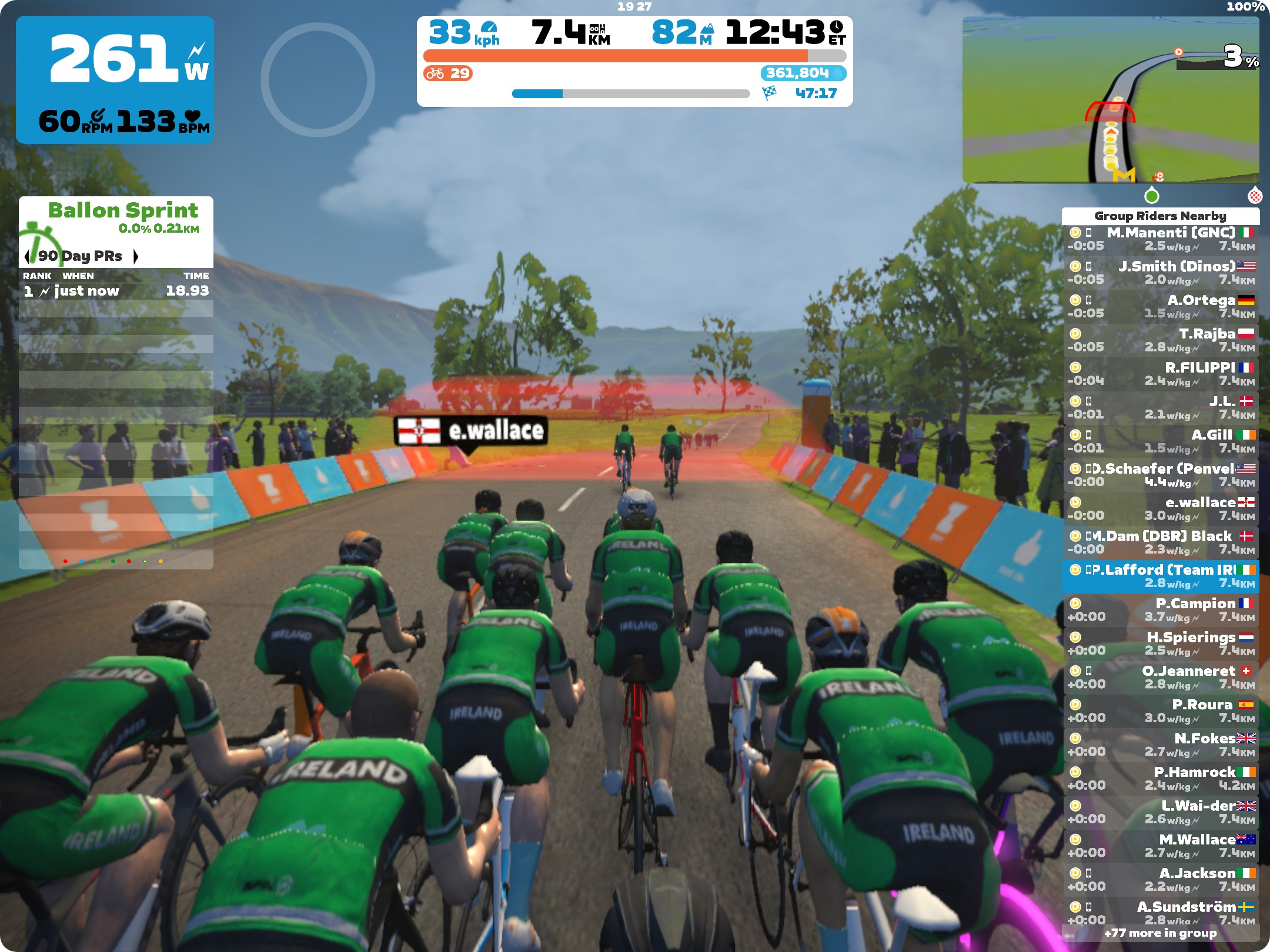
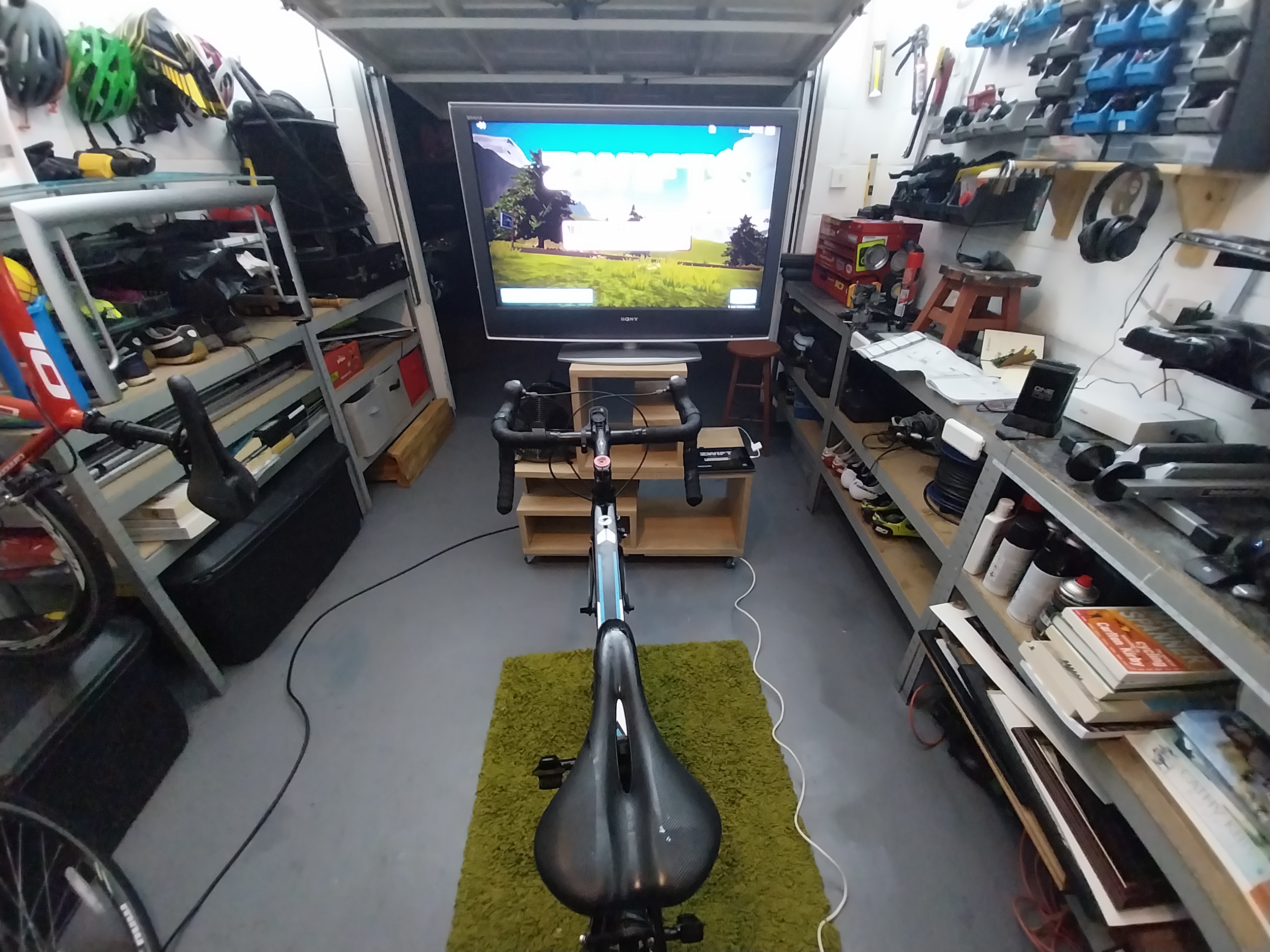
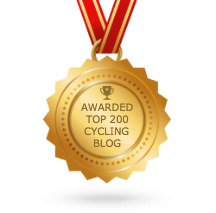

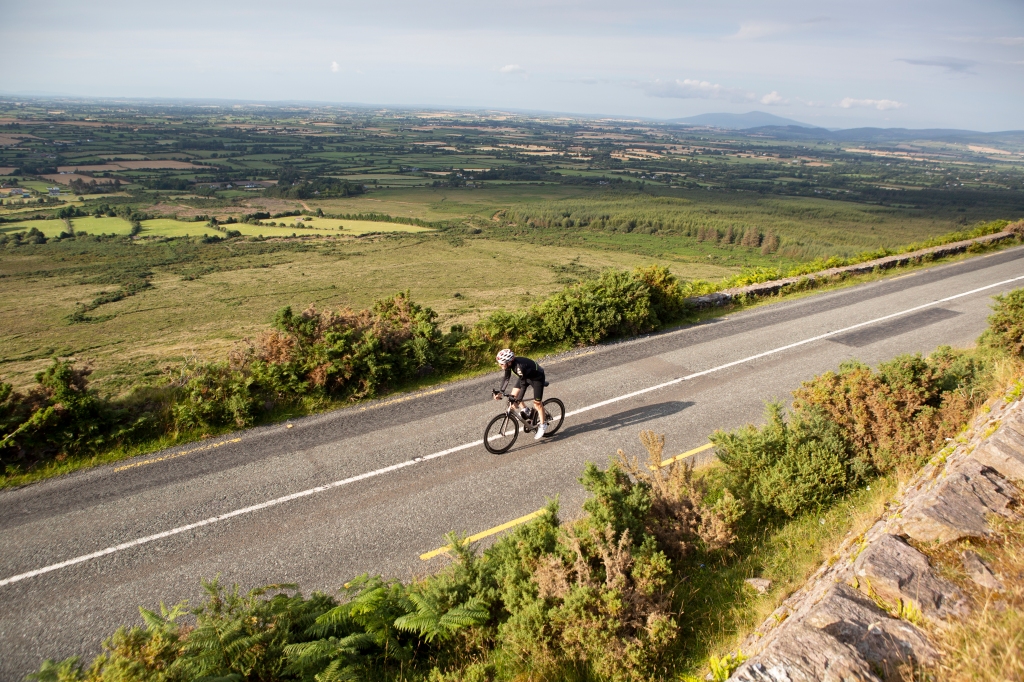
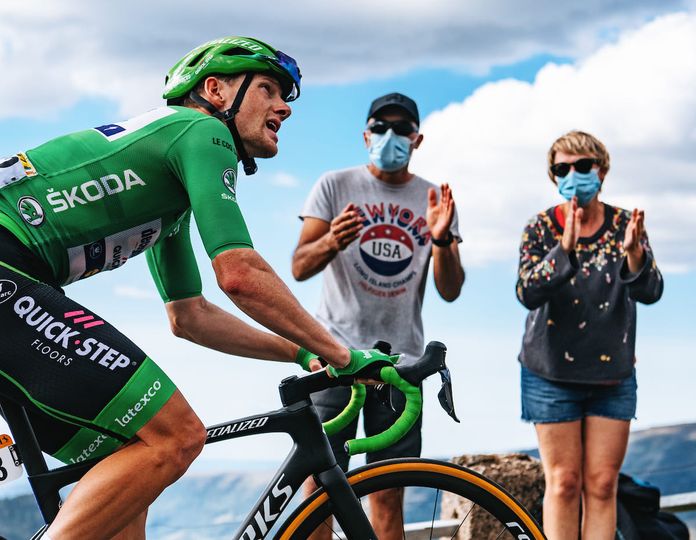
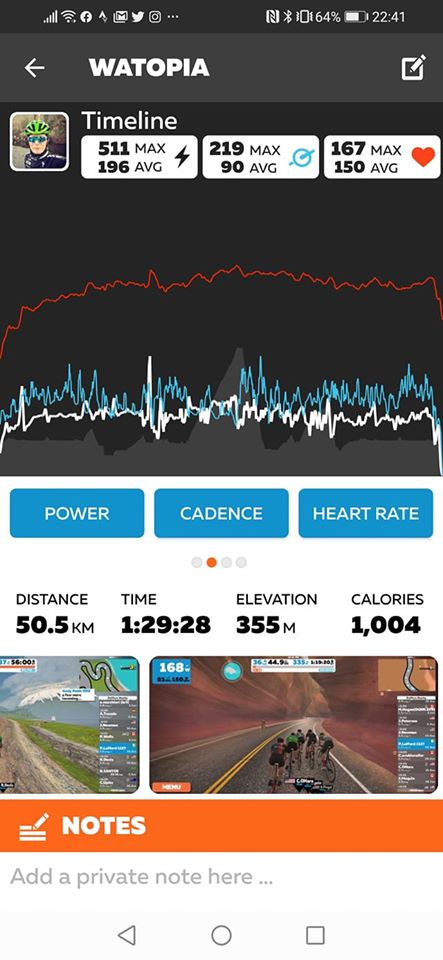
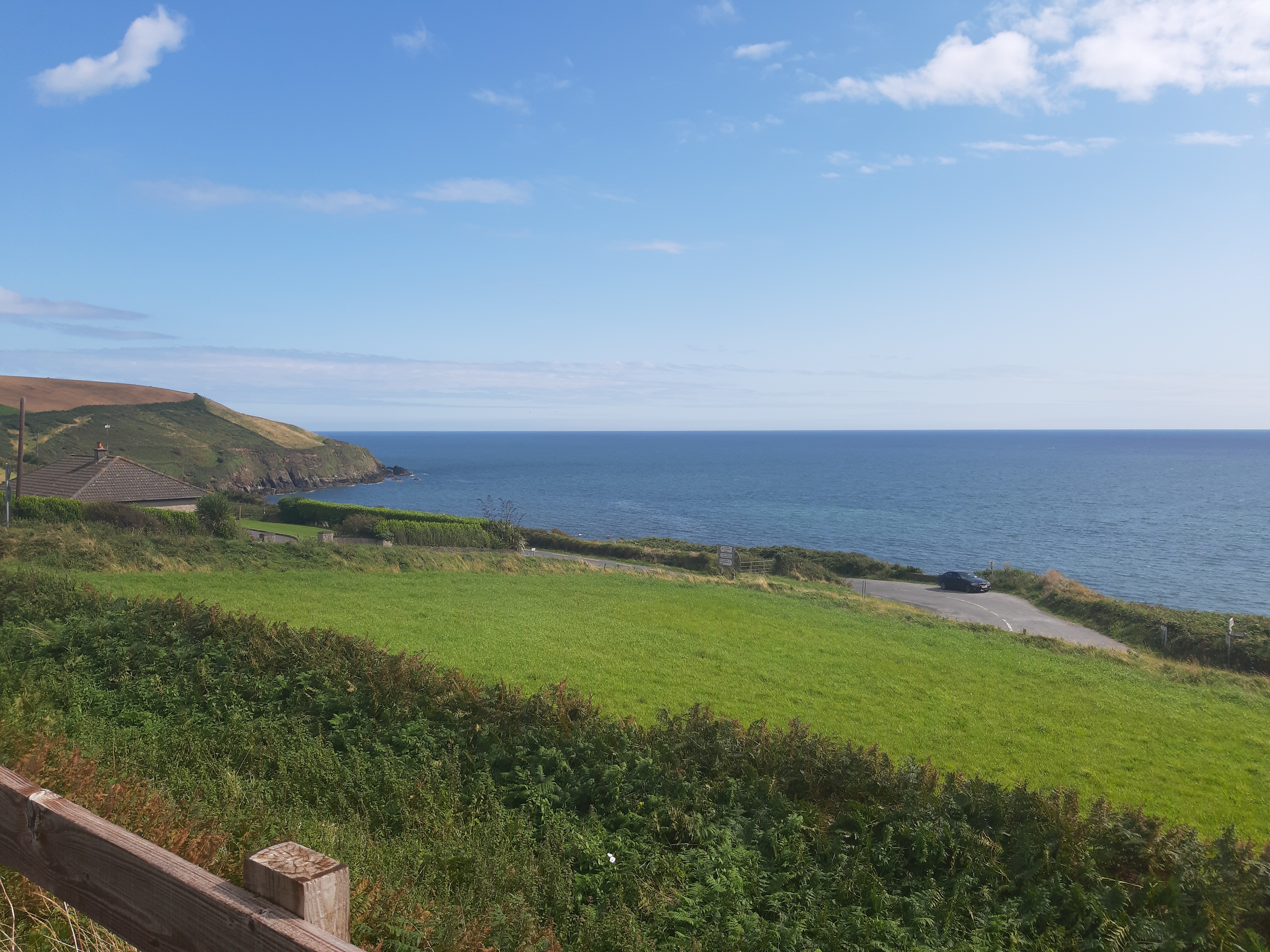
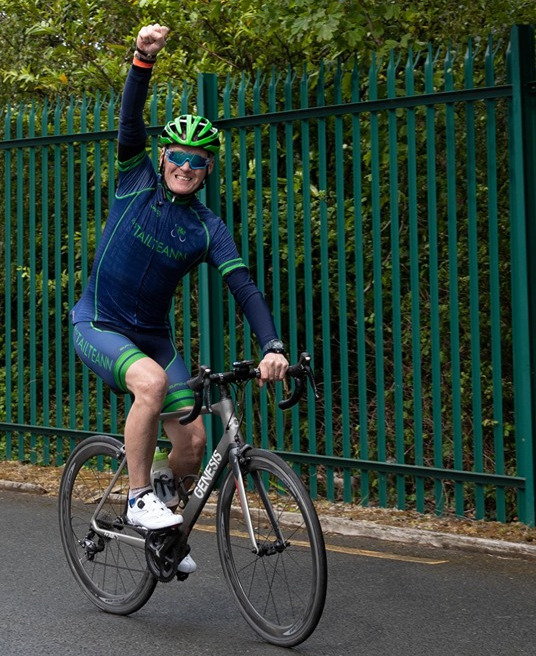
![20190608_164906[1]](https://paullafford.files.wordpress.com/2019/06/20190608_1649061.jpg)
You must be logged in to post a comment.